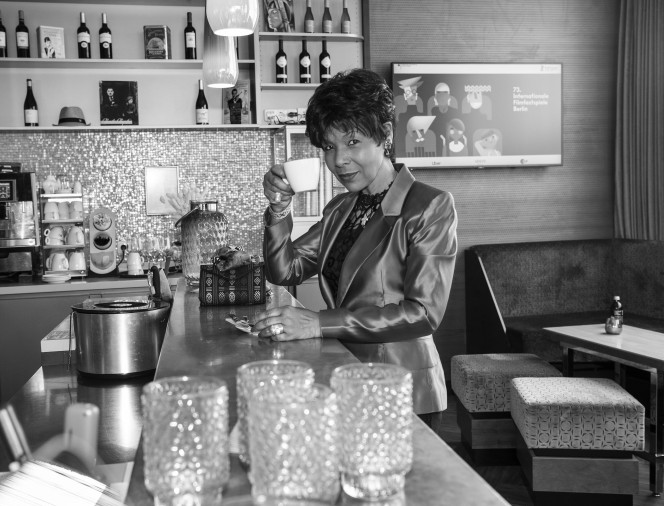Rue Cases-Nègres
Sugar Cane Alley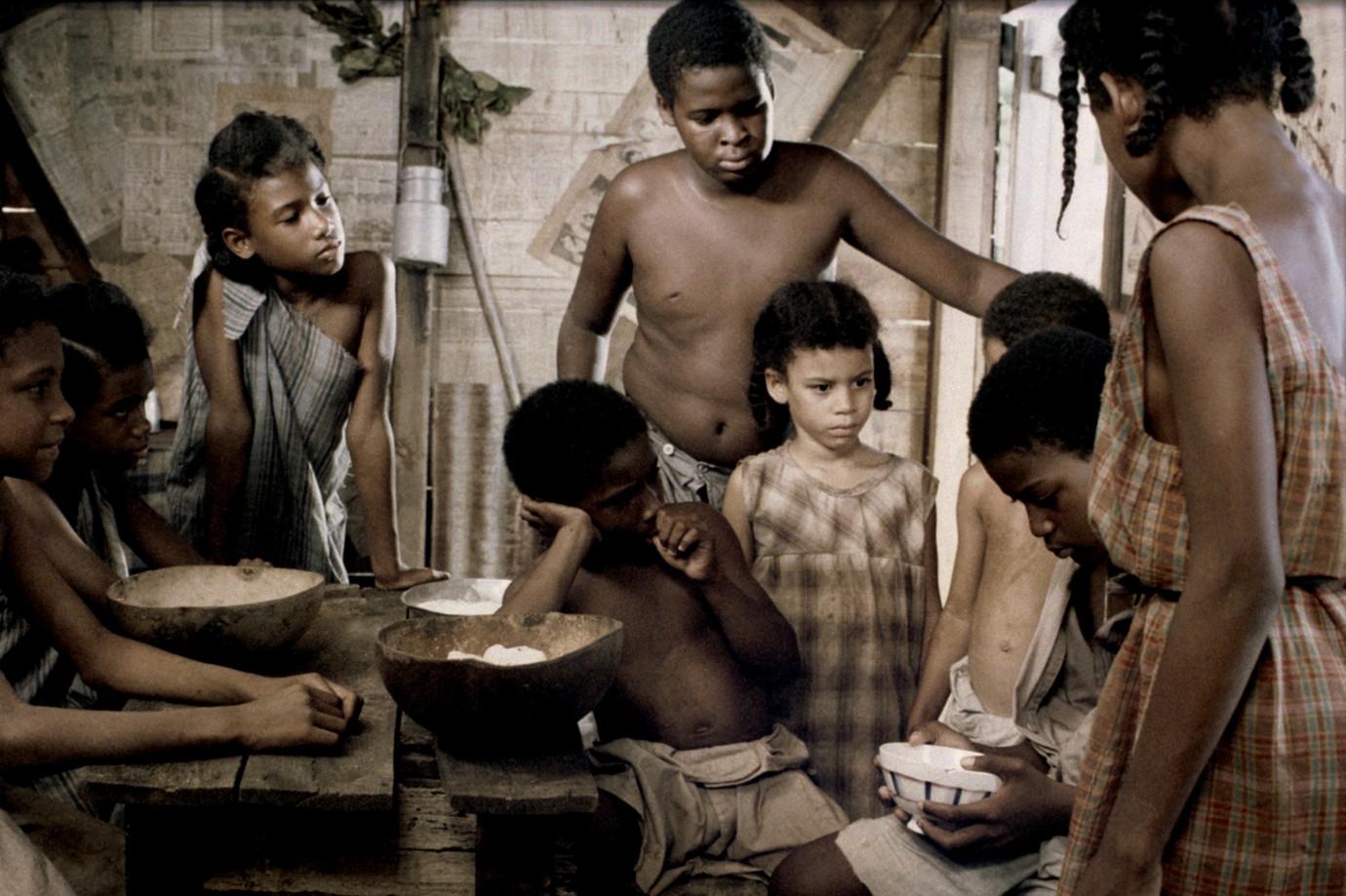

Rue Cases-Nègres | Sugar Cane Alley by Euzhan Palcy
FRA 1983, Retrospective
© René Marran - JMJ Internatonal Pictures
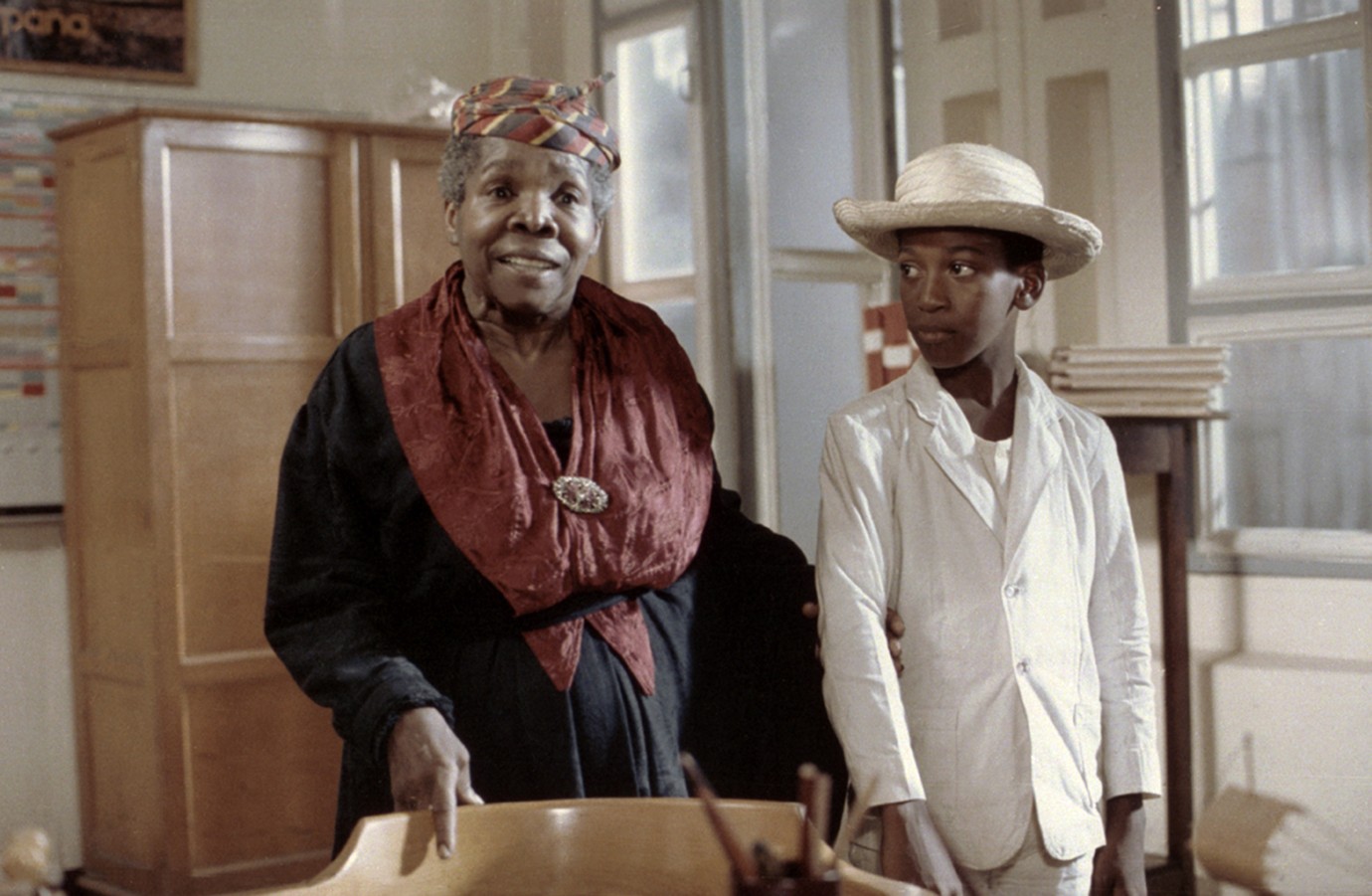
Darling Legitimus, Garry Cadenat
Rue Cases-Nègres | Sugar Cane Alley by Euzhan Palcy
FRA 1983, Retrospective
© René Marran - JMJ Internatonal Pictures
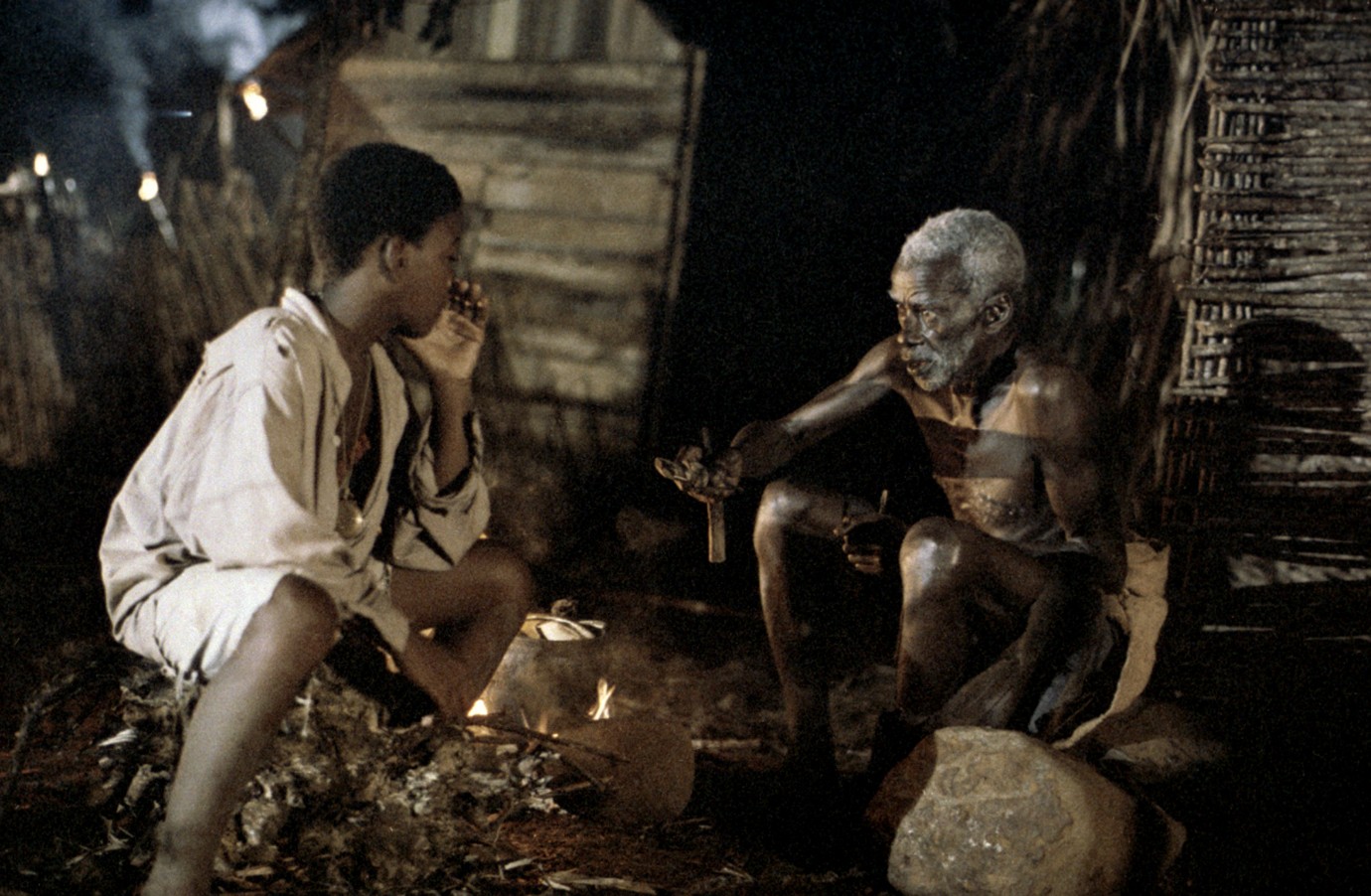
Garry Cadenat, Douta Seck
Rue Cases-Nègres | Sugar Cane Alley by Euzhan Palcy
FRA 1983, Retrospective
© René Marran - JMJ Internatonal Pictures
With
- Garry Cadenat
- Darling Légitimus
- Douta Seck
- Joby Bernabé
- Francisco Charles
- Marie-Jo Descas
- Marie-Ange Farot
- Henri Melon
- Eugène Mona
- Joël Palcy
Crew
| Director | Euzhan Palcy |
| Screenplay | Euzhan Palcy based on the novel “La Rue Cases Nègres” by Joseph Zobel |
| Cinematography | Dominique Chapui |
| Editing | Marie-Josèphe Yoyott |
| Music | Groupe Malavoi |
| Sound | Yves Osmu, Pierre Befve |
| Art Director | Hoang Thanh At |
| Costumes | Isabelle Filleul |
| Make-Up | Marie-France Vassel |
| Producers | Michel Loulergue, Alix Régis |
| Executive Producer | Jean-Luc Ormières |
Produced by
SU.MA.FA. Productions
Orca Productions
NEF Diffusion
Additional information
DCP: JMJ International Pictures, Paris
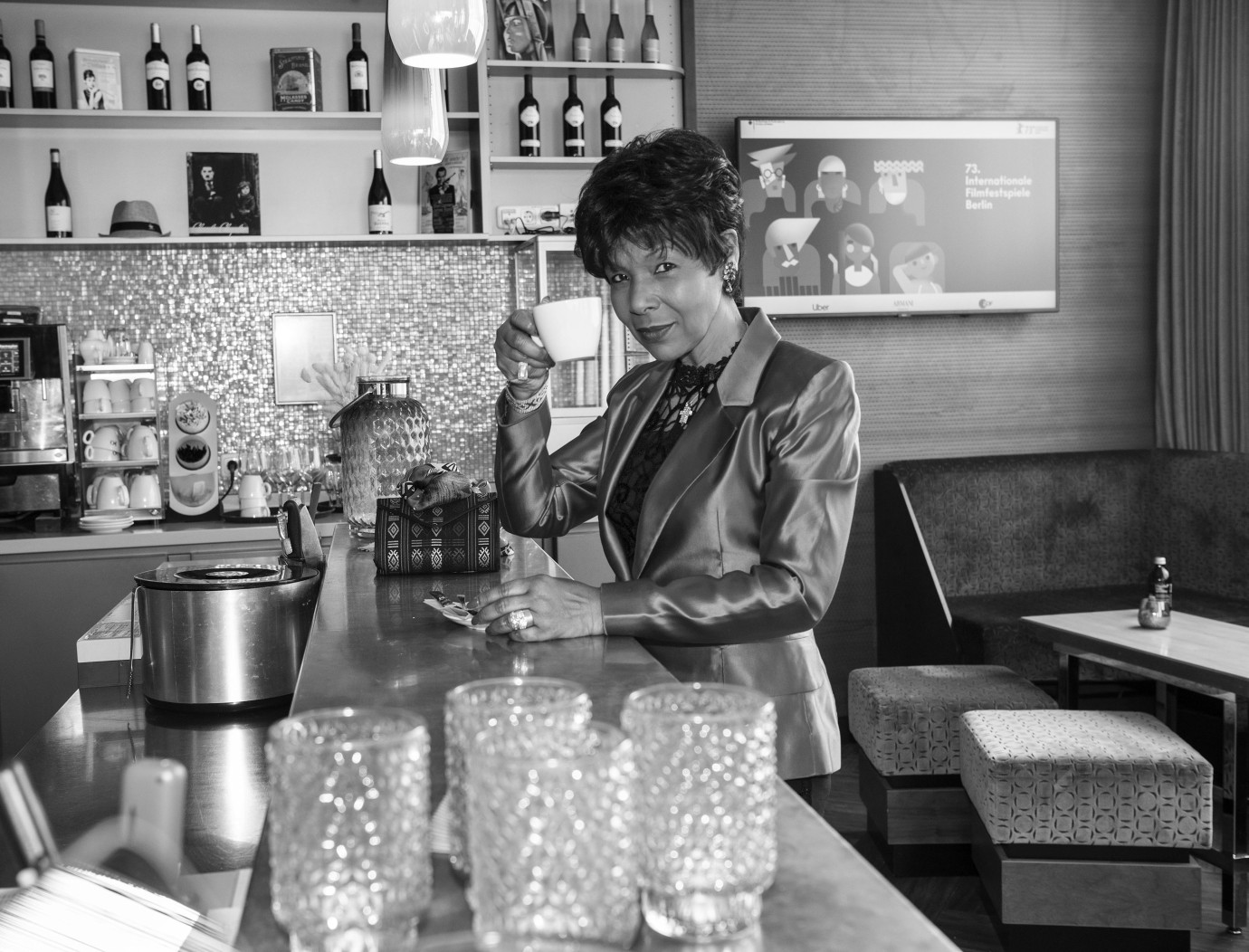
Euzhan Palcy
The director at the Generation screening of the 1983 film at Zoo Palast.
Rue Cases-Nègres · Retrospective · Feb 23, 2023
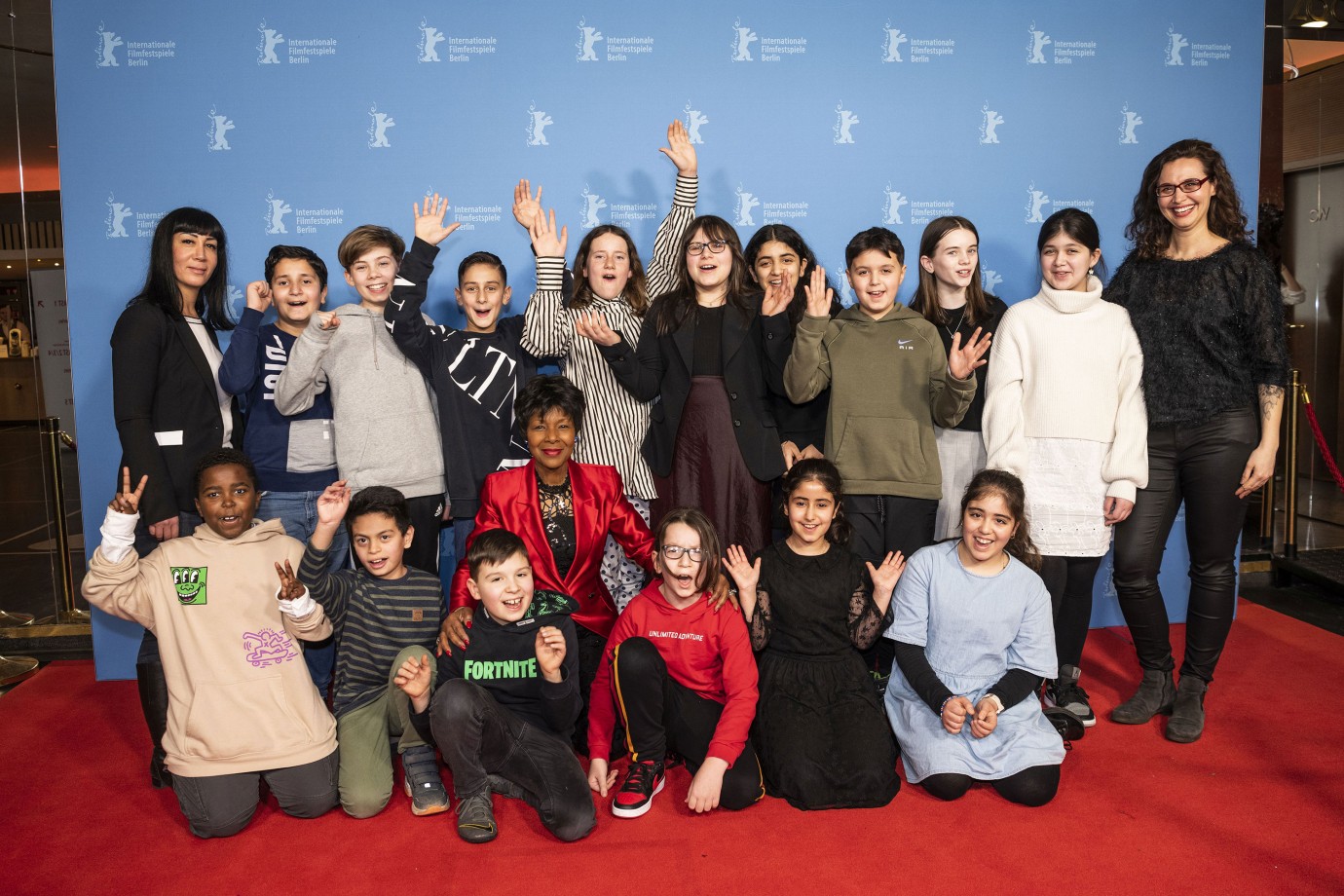
Group Picture
Director Euzhan Palzcy with pupils of the Rosa Parks Elementary School at the Generation screening.
Rue Cases-Nègres · Retrospective · Feb 23, 2023
